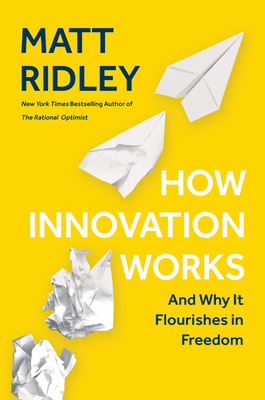
Learnings from 'Atomic Habits'
Yet again, this is not a book review, instead, go ahead and read the book Atomic Habits. I can’t recommend it enough. Written by James Clear, the book is not a theoretical text just talking about habits. Rather, it is a handbook that goes into the depth of how habits form, how they can be fostered, how human evolution hinders good habit formation in today’s world, etc. It gives you practical tips and actions on setting good habits and breaking bad ones. ...


